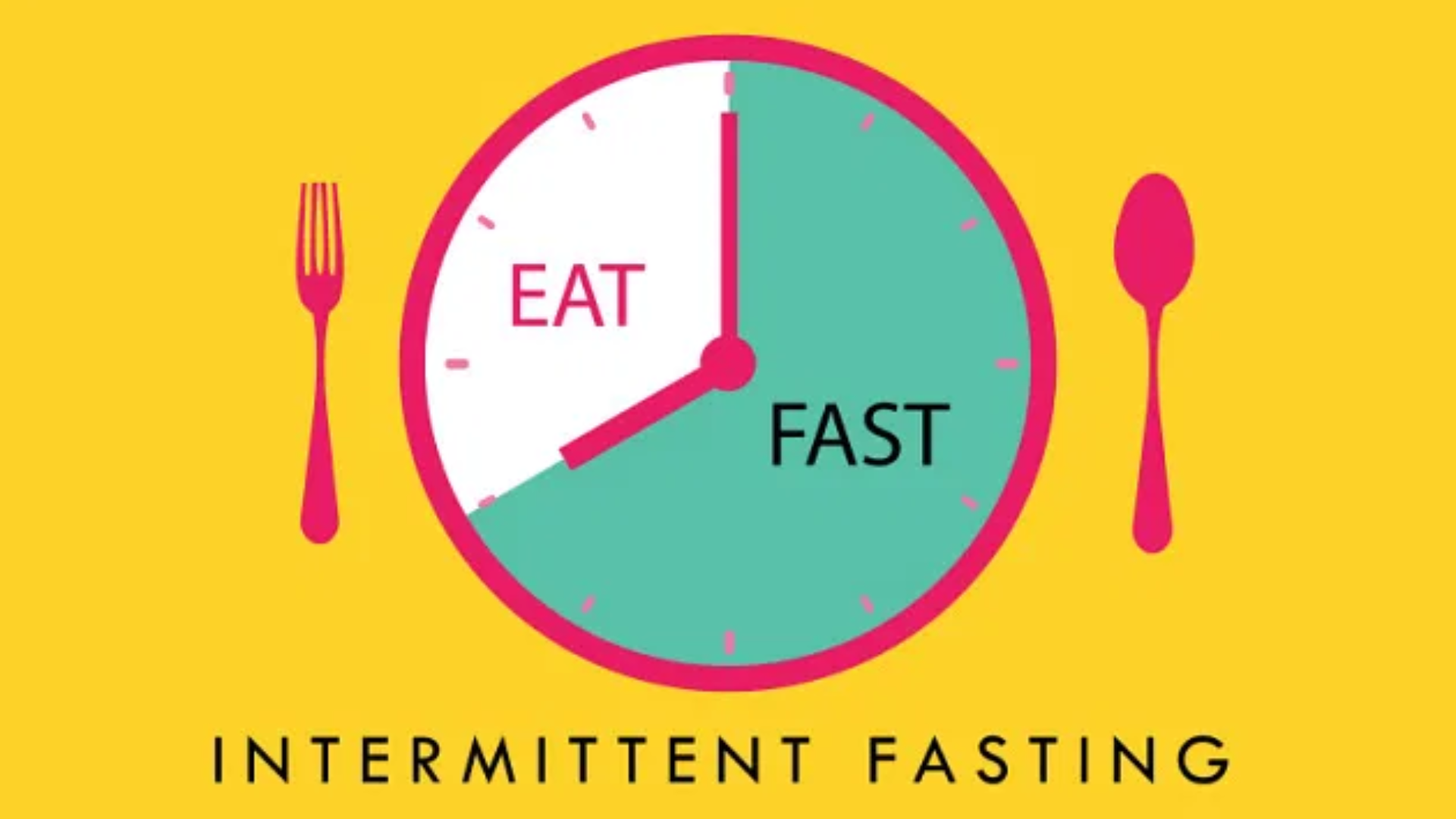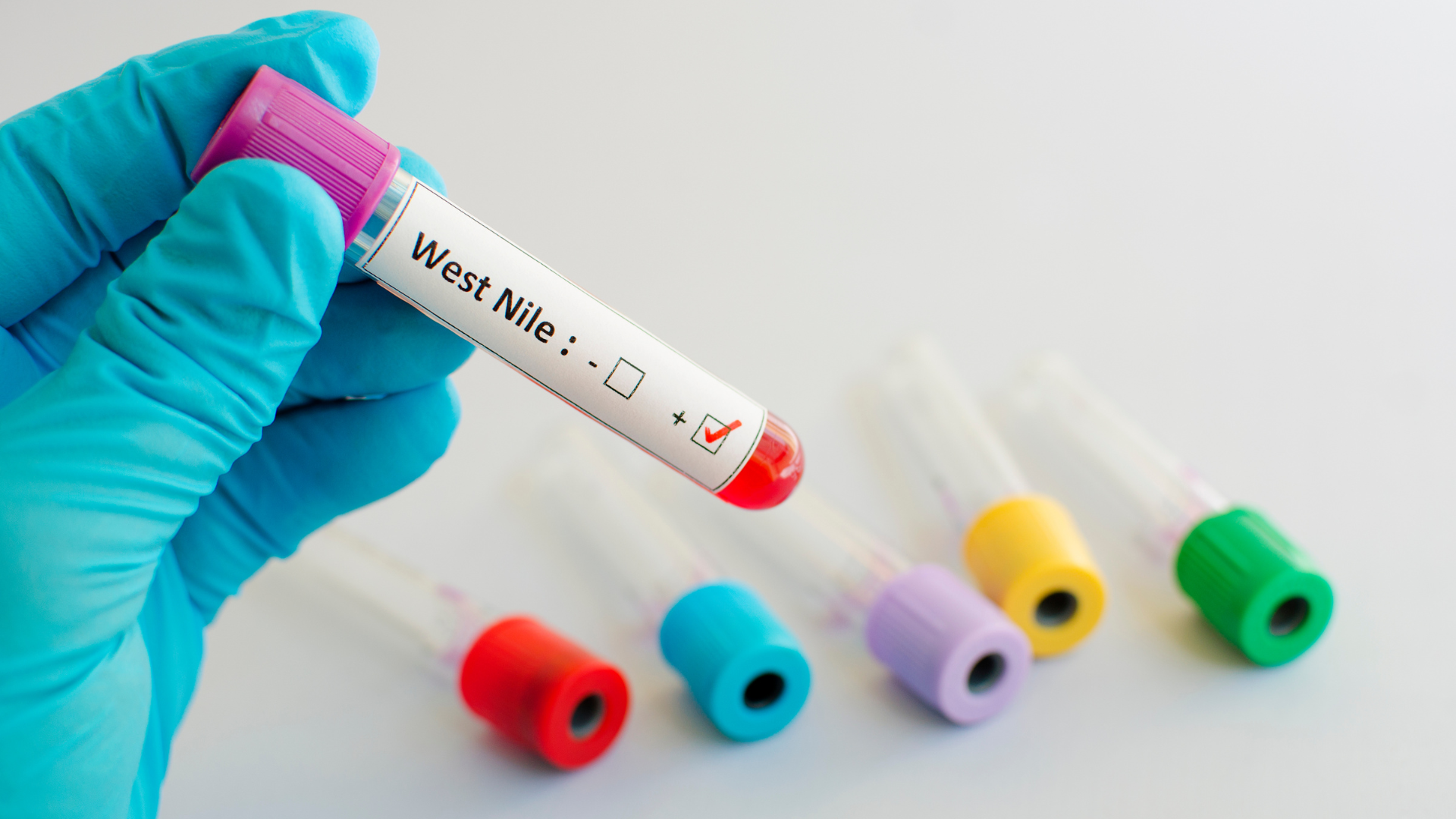A study from King’s College London suggests that early exposure to peanuts may be an effective strategy for preventing peanut allergies, one of the most common allergies. New research indicates that controlled exposure early in life could protect against developing a peanut allergy.
The study found that feeding children peanuts regularly from infancy to age five reduced the rate of peanut allergy in adolescence by 71%, even after many years when the children could eat or avoid peanuts as they wished. This research was published in the journal NEJM Evidence.
Lead investigator Professor Gideon Lack from King’s College London stated: “Decades of advice to avoid peanuts has made parents fearful of introducing peanuts at an early age. The evidence is clear that early introduction of peanut in infancy induces long-term tolerance and protects children from allergy well into adolescence. This simple intervention will make a remarkable difference to future generations and see peanut allergies plummet.”

The new trial, called the LEAP-TRIO trial, builds on the results of the Learning Early About Peanut Allergy (LEAP) clinical trial. In the first trial, half of the participants regularly consumed peanuts from infancy until age five, while the other half avoided peanuts during that period. Researchers found that early introduction of peanuts reduced the risk of peanut allergy at age five by 81%.]
The investigators tracked two groups of children from age 6 to age 12 or older. During this period, the children could choose to eat peanuts in any amount and frequency they desired. They found that 15.4% of participants from the early childhood peanut-avoidance group and 4.4% from the early childhood peanut-consumption group had a peanut allergy at age 12 or older. These results indicate that regular, early peanut consumption reduces the risk of peanut allergy in adolescence by 71% compared to early peanut avoidance.
Professor George Du Toit, Co-Lead Investigator from King’s College London, said: “This is a safe and highly effective intervention that can be implemented as early as 4 months of age. The infant needs to be developmentally ready to start weaning, and peanut should be introduced as a soft pureed paste or as peanut puffs.”
ALSO READ: Who Is Anasuya Sengupta? Cannes Winner Is A Literature Student Who Once Aspired To Be A Journalist


















